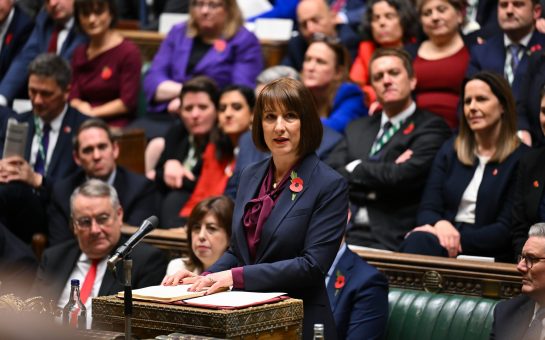Women should take advantage of their right to vote following the past struggles of suffragettes, according to a Manchester museum chief.
The People’s History Museum commemorated the women’s suffrage movement last Saturday as part of International Women’s Day (IWD) – documenting the events before females were eventually granted the full right to an electoral vote in 1928.
Louise Sutherland, head of collections and engagement at the museum, explained that women needed reminding of past obstacles and urged them to vote after statistics revealed 1.1million less women voted in the last General Election than men.
“Generationally, there is too big a gap – there is no one in living memory that can remind women how hard it was to get a vote,” she said.
“Women and young people are disengaged and not exercising this vital right, so decisions are being made that don’t include or better them.”
Manchester was famously home to the suffrage movement in the 19th century, with the Manchester National Society for Women’s Suffrage notably formed in 1867 in response to limited voting rights.
The museum brought the story to life with a theatrical performance of ‘The Hard Way Up’ – based on the autobiography of Bolton-born suffragette Hannah Mitchell.
Hannah was a local working-class campaigner born in 1872, who fought fiercely for the poor and women as a socialist, suffragette, councillor and magistrate.
She became interested in suffrage after attending a speech at the Free Trade Hall which promoted socialism, equality among sexes and greater working conditions for working-class workers.
Her socialist convictions remained with her for life and she poked fun at the notion that women fighting for the vote was a ‘middle-class privilege’.
The show was a stark reminder of how hard women fought to get the vote, but actress Ms Janet Baron, thought that Hannah would probably still be fighting political campaigns if she was alive today.
“There are still a huge number of campaigns to be fought for the relationship between men and women to become equal,” she said.
“Many of the inequalities we face today are a reflection of entrenched inequalities – it’s a huge social issue.
“Lots of women are surviving without a safety net thanks to austerity measures. We have become a more equal and tolerant society but there is still a long way to go.”
The women’s suffrage movement initially began in 1865, when prospective MP John Stuart Mills promised votes to women in his election campaign.
The petition failed, but a fire had been ignited and women across Manchester began to work together and ensure that this vital right was extended to them.
Image courtesy of Leonard Bentley, with thanks.



